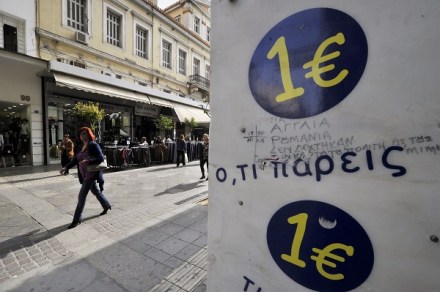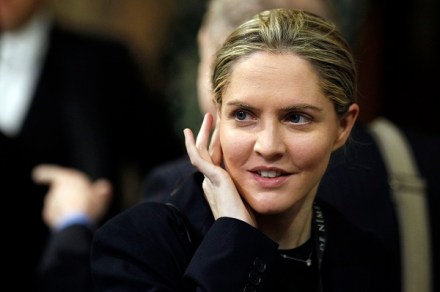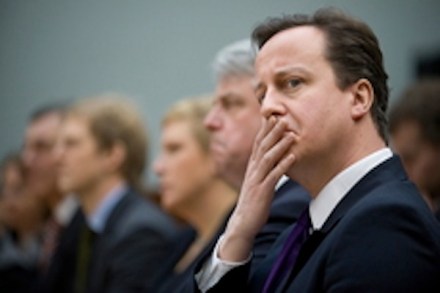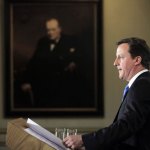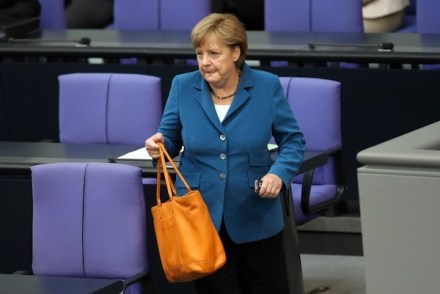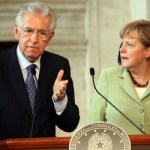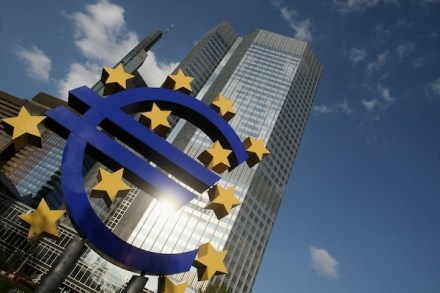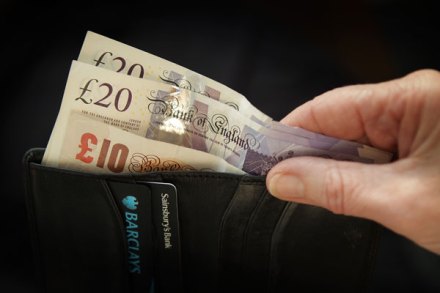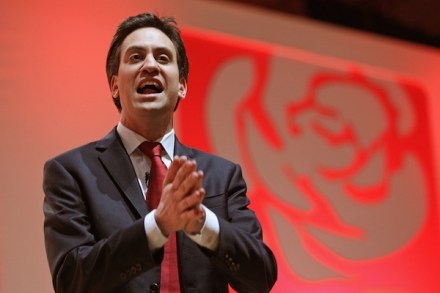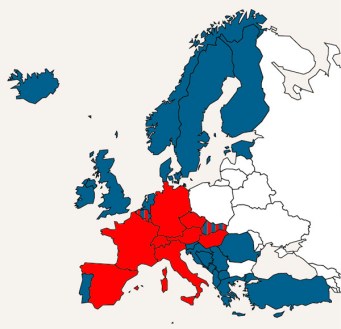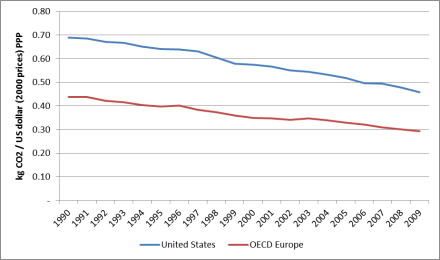Who will rule the 21st century?
This is a nice big question to ponder on the holiday beach or in the rented villa. A vast amount has already been written on the rise of China and whether the US will be replaced as the global superpower. And where exactly does Europe fit into all this? It is easy to make a case for American weakness. The twin deficits of the balance of payments and the massive public sector gap between expenditure and income, the increasingly divided and embittered nature of policy discourse in the country, growing cultural fragmentation. The image of a divided nation appears to be supported by what has happened to the choice of





